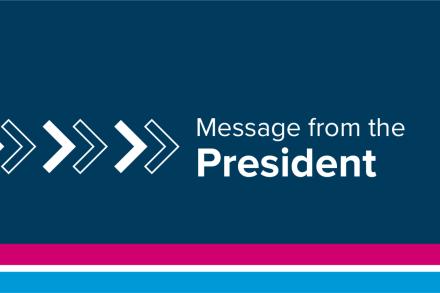
Thinking about the state of the world these days, it is easy to think of Dicken’s quote from the Tale of Two Cities, “It was the best of times, it was the worst of times, it was the age of wisdom, it was the age of foolishness, it was the epoch of belief, it was the epoch of incredulity, it was the season of light, it was the season of darkness, it was the spring of hope, it was the winter of despair.” And although the story takes place from 1775 to 1792, during the French revolution, the quote remains relevant today. We have unparalleled access to information, technology, and scientific breakthroughs, and at the same time, we see the rise of fake news, fascism, and intolerance.
And we face a new wave of the pandemic, fuelled by a variant that appears to be full of contradictions. Does it cause milder disease than previous variants? Do new vaccines need to be developed? Do we need to go back into a circuit-breaker lockdown? The only thing that the experts can agree on is that it is highly infectious.
I read the same reports that you do. And like many of you, I am not a physician nor a virologist. I recognize in myself that when there are so many conflicting and anxiety-producing reports that I can fall into some of my favourite cognitive biases; namely: the Clustering Illusion (finding patterns in random data); Anchoring (tendency to use the first piece of information to make decisions); Pessimism Bias (overestimating the likelihood of bad outcomes); and the Confirmation Bias (the tendency to remember information that supports my opinions). These are only some of the more than 50 cognitive biases that cognitive scientists have identified.
Although many of these cognitive biases are unconscious, one decisive way to combat biases is by bringing these tendencies into awareness. By asking “what am I missing” and seeking multiple perspectives, I can attend to conflicting information more closely and hopefully make a good decision. Curiosity may have killed the cat, but being curious is a powerful weapon against bias. And finally, remember that we all make mistakes—taking the time to examine why, and how they happened is a powerful way to learn and grow.
And so, at the start of what appears to be a new wave of the pandemic, here is my advice (FWIW):
- Become aware of your own biases. Take time to consider multiple perspectives.
- If you can be vaccinated, please get vaccinated. If you are eligible for a booster, get one. And since I’m on a roll, follow the recommendations of the PHO. Know that these orders might change as we learn more about omicron.
- Spend time doing things that enhance your resiliency. The single best preparation for next term is to take the time to relax and refresh.
- Be kind to yourself and others. During the holiday season, I need to remind myself that I don’t need to stress myself out by making seven different cookies, bars and candies. My family only likes two, anyway. Although I like making things for my family, it is kinder to get some me-time and de-stressing the holidays is kinder for everyone.
And so to end the last blog of the year, here’s a different quote from one of my favourite Christmas films, Love Actually: “It seems to me that love is everywhere. Often, it's not particularly dignified or newsworthy, but it's always there: fathers and sons, mothers and daughters, husbands and wives, boyfriends, girlfriends, old friends. When the planes hit the Twin Towers, as far as I know, none of the phone calls from the people on board were messages of hate or revenge – they were all messages of love. If you look for it, I've got a sneaky feeling you'll find that love actually is all around."
I wish you love and kindness this holiday season.
With gratitude,
Deb (who still has to wrap presents, make shortbread and butter tarts—but not fudge; ok maybe fudge)


